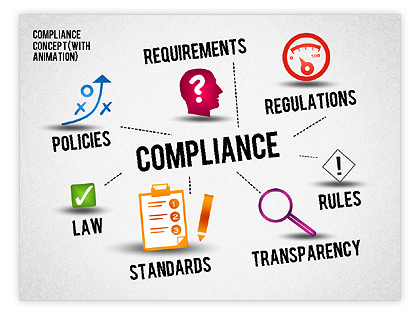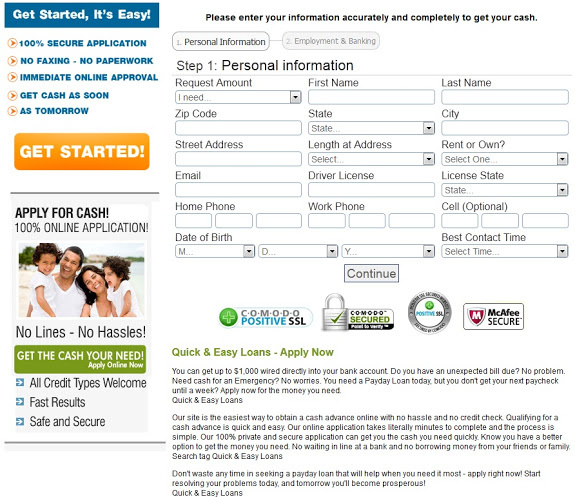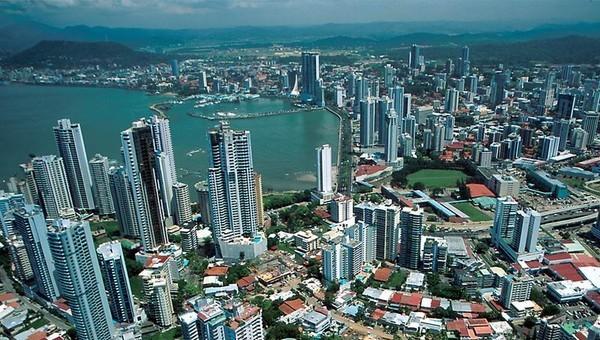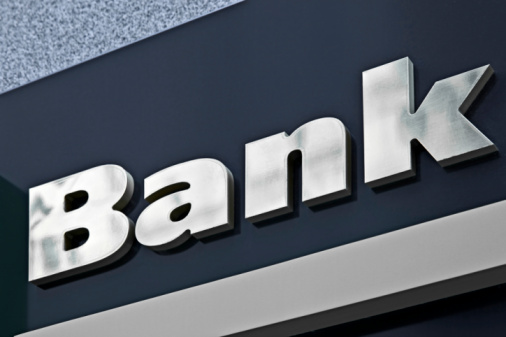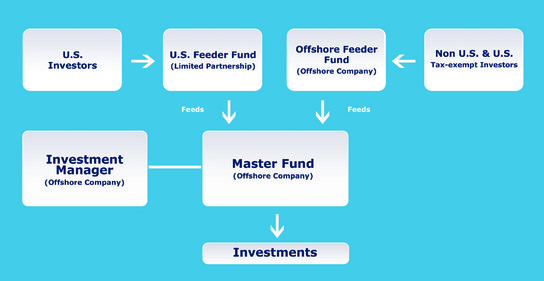When building a new offshore bank, you need the following 8 components: The business plan, the capital, the people (board of directors, management, and employees), the computer systems, the compliance system, the license, a correspondent account, and a tax plan. These are the 8 components to negotiate an offshore bank license and set up a new international bank.
These 8 components are somewhat unique to offshore banking. Because you’re entering a licensed and highly regulated industry, building a new offshore bank requires you develop each of these areas to the satisfaction of your licensing board.
A new offshore bank obviously needs all the same things any startup would, such as a solid business strategy, sales, money, experienced people, etc. This article is on the 8 components an offshore bank required which are different from a standard business.
The Business Plan
An offshore bank requires a very detailed business plan. The business plan is the heart of the license application and should include audited financials from the parent company or accounting and tax records from the beneficial owners.
The plan should also include 3 to 5 years of projections broken down by business unit. These projections should cover use of funds, risk and liquidity ratios, reserves, break-even analysis, etc. across all divisions of the bank.
The bottom line is that the business plan must convince the regulator that the applicant is of fine character, has the requisite experience, has a well thought out and funded plan, and understand the risks and compliance requirements of operating an offshore bank.
Each of the next 7 components of a startup offshore bank must be described in great detail in the business plan. Again, remember that the business plan must convince the regulators, auditors, and licensing board that you and your team are qualified to operate a bank and won’t cause trouble for the jurisdiction.
The Capital
All offshore bank licensed require a minimum amount of capital to comply with the statute. In Dominica, the required capital is $1 million on deposit in the government bank. In Puerto Rico it’s $250,000 of paid in capital plus $300,000 on deposit with the government.
Those two jurisdictions typically issue licenses with the minimum amount of capital under the law. Other countries require much more cash. For example, Belize law allows for a license with $1 million, but experience tells me that you’ll need $3 million to $5 million to get an offshore banking license.
Then there are the larger jurisdictions that negotiate capital on a case by case basis. For example, a subsidiary of a bank from a major jurisdiction can get an offshore license in Panama with around $5 million in capital. If you don’t have a major license already, then you’ll need a Class A license from Panama and about $25 million in capital.
When selecting the best jurisdiction, you should first consider the capital required. This will usually narrow down your search significantly. But, as you can see, knowing the capital requires experience and not just a review of the law as written.
The People
Your business plan should include the resumes of your key personnel and your board of directors. Both of these groups must have extensive experience in banking. Presumably your management and employees will be locals (residents of the country where you get your license).
It’s also important that your board of directors include one or two locals. The licensing authority will look upon your team more favorably if it includes professionals with a solid track record in your country of license. These board members should have experience in banking law and/or compliance.
At a minimum, you’ll want to handle account openings, KYC and AML, correspondent banking, and compliance in the same country that issued your license. Many banks in small jurisdictions put support and trading / investment management in larger countries such as Switzerland or Panama.
Thus, your country of license should be large enough provide a sufficient number of quality employees. While Dominica and St. Vincent might be fine for banks with 4 or 5 employees, there’s no way to build a staff of 200 there.
Puerto Rico is a country of 3 million and any US citizen can move to the island and work legally. No matter the size of the business, you’ll find quality employees on the island… and, if you can’t find them, you can import them.
The largest offshore bank on the island has over 400 employees and the next has about 180. The banks in Puerto Rico are larger than all of the competitors in the Caribbean combined excluding Cayman. I expect Puerto Rico to surpass Cayman in two years.
Where your staff is located will play a major role in determining the tax costs of your bank. See Tax Considerations below.
The Computer Systems
The foundation of your operation will be the computer system. The IT system for an offshore bank will handle KYC and AML, compliance, background checks, account openings, transfer, document management, etc. All of these modules will be looked at carefully by the government regulators before they allow you to “go live” with the business.
The core system and compliance modules are typically the largest startup cost for a new offshore bank. Most clients spend $100,000 to $1 million on their IT system. The largest quote I’ve seen in 2017 was from Terminos for $3.5 million.
A typical IT implementation will take 3 to 6 months. Once the provisional license is granted, the IT system will be what will delays your launch. Get to work on this while you’re building your business plan and you’ll get to market much quicker.
The Compliance Systems
The compliance system will be built around your IT system. From there, you can build an in-house team or outsource compliance monitoring to a local law firm.
Basically, all the operational risk of an offshore bank comes from a possible failure of your compliance program. If you run afoul of the money laundering rules, know your client requirements, or FATCA / OCEF reporting, you’ll be fined and shut down faster than you can blink. Either your licensing board will get you or your correspondent partner will kick you out of the system.
No matter your jurisdiction, government regulators will watch your compliance program very carefully. Any error will be dealt with swiftly and without a second chance.
The reason regulators monitor compliance so carefully is that a major error by one bank can bring down the entire country’s banking system. For example, back in 2015, Bank of Belize was shut down by US regulators. As a result, all of the banks in Belize lost their correspondent partners because none of these banks wanted anything to do with Belize. The entire system was tainted by one allegation against one offshore bank.
It took months for these banks caught in the crossfire to get new banking partners. To this day, it’s very difficult for a Belize bank to find a correspondent partner. See: Belize Banks Under Attack by US Government.
For these reasons, your business plan must explain your compliance program and procedures in great detail. Also, your employees and board of directors must have significant compliance experience.
Once your preliminary license is granted, building a solid compliance program will be your first priority. All processes and procedures must be in place, and everyone trained in the IT system, before you board even one client.
The License
Regardless of what their law says, very few counties will grant international banking licenses to startup banks. For example, Panama and Cayman will only issue offshore licenses to banks that already have a license from a major jurisdiction.
If you have a license from the US or Germany, you can easily get a license in Cayman Islands. Cayman’s reasoning is that your bank is already highly regulated in your home country, so their regulators don’t need to worry about you too much.
If you have an existing license, you can get an offshore license from Panama with $5 million. If you want to start a new bank in Panama, you can form a Class A bank with $25 million in capital.
The most active jurisdictions for offshore bank licenses are Puerto Rico and Dominica. For a comparison of these two options, see: Best Offshore Bank License Jurisdictions in 2017
Of course, there are others in Europe and less active jurisdictions in the Caribbean. I would avoid African nations and Vanuatu. You’ll never get a correspondent account from those countries.
Once you’ve selected your jurisdiction and prepared your business plan, you can apply for your preliminary license.
Preliminary Offshore Bank License: The preliminary license, sometimes referred to as your “permit to organize,” allows you to incorporate a company using the word “Bank” in the name. It also allows you you to hire employees, buy your IT system, and do all of those things necessary to begin to operate the business.
Once your systems and people are in place, you send notice to the regulator that you’re ready to launch. The government will audit your systems and procedures. If they pass, you’ll receive your offshore bank license or permit to operate.
Offshore Bank License: The second step in the licensing process is to take the bank live and begin to board on clients. The operational license will require you provide audited statements to the regulator each quarter. Now is the time to hire an outside auditor.
The Correspondent Account
The life blood of an offshore bank is its correspondent account. The correspondent account allows you to hold money and transact through the facilities of a larger bank. Ask any experienced offshore banker what’s the most important component of their business and every one will answer, “the correspondent account, obviously!”
For example, if a bank in Dominica want’s to hold accounts in US dollars, they need a US correspondent banking partner. The US partner has US Fedwire capabilities and is authorized to transact in US dollars.
Likewise, if you want to hold accounts in Swiss Francs, you need a Swiss correspondent bank. An offshore bank will need a separate correspondent account for each currency it wishes to hold.
And its the correspondent account that will require the most capital. While you can negotiate a license from Dominica with $1 million, no USD correspondent will open an account with that small of a deposit. I doubt you can get a correspondent account with less than $5 million… and $12 million is the preferred size.
These accounts are also the bane of the offshore banking industry. Any slip in compliance, or attention from the US government, can mean the loss of your correspondent account. When that happens, your bank is basically out of business and unable to send and receive funds.
The exception to the correspondent account dilemma is a license from Puerto Rico. As a bank licensed in a US territory, a bank in Puerto Rico has an easier time setting up and maintaining a US correspondent partner.
Also, if the bank so desires, it can apply to the Federal Reserve for a primary account. In that case, a Puerto Rico bank would eliminate the need for a USD correspondent account. In fact, such a bank structured in Puerto Rico could offer correspondent services to other offshore banks.
I’m not saying Puerto Rico is always the best solution. If you don’t mind being subject to US anti-money laundering rules, Puerto Rico is great. If you want to do business without US oversight, then Dominica or elsewhere might be better.
I caution you from jumping to conclusions in this regard. Always remember that your US correspondent bank will require you to comply with all US regulations. If you want to be completely free of US compliance costs, you must get a license from a very small offshore jurisdiction and not hold US dollars or transact n US dollars. Only then will you avoid US correspondent banking issues.
Tax Considerations
Most offshore banking jurisdictions won’t tax the your corporate profits. Instead, they charge a large annual license fee. For example, Cayman charges $85,000 per year to maintain an international banking license.
In contrast, Puerto Rico charges a 4% rate on corporate profits and a $5,000 annual fee.
The tax benefits of operating an offshore bank are substantial. But you’ll need a solid tax plan to maximize the value of these tax deals.
Let’s say you set up a bank in Dominica and hire 3 people on the island. Then you open office in the UK and hire 23 people. Obviously, most of the work to generate customers and income is coming from the UK while Dominica is just the licensing jurisdiction with a few people doing menial tasks.
In that case, the UK will want to tax the majority of your income at 21%, leaving only a small fraction tax free in Dominica.
The same goes for Puerto Rico. Let’s say you have 5 employees on the island, which is the minimum allowed under the law. Then you open an office in Florida with 50 employees.
The US government will want to tax the income generated by the Florida workers at 35%, leaving a small bit left over for Puerto Rico to tax at 4%.
Your global tax plan is important during the startup phase because you want to maximize income in the low tax jurisdiction and minimize income in high tax countries. Thus, when you select your country of licensure, it must be one large enough to provide a sufficient number of quality employees and allow for growth in coming years.
If you all you require is 5 to 10 employees, and don’t plan to grow much past this number, a license from Dominica, St. Vincent, St. Lucia, or elsewhere is fine. If you’ll need 50 employees, you’ll need to look to a larger jurisdiction such as Puerto Rico.
If you do incorporate in Dominica, you might also consider a Panama Financial Services License. This will allow you to hire employees to manage your bank remotely and maintain your tax free status.
Conclusion
I hope you’ve found this article on the 8 components of an offshore bank license to be helpful. For assistance in licensing and building an offshore bank in Dominica, Puerto Rico, or elsewhere, or in negotiating a correspondent account for an existing bank, please contact me at info@premieroffshore.com or call us at (619) 483-1708. Our team has over 100 combined years of experience in offshore banking and we’ll be happy to help you structure your bank.

